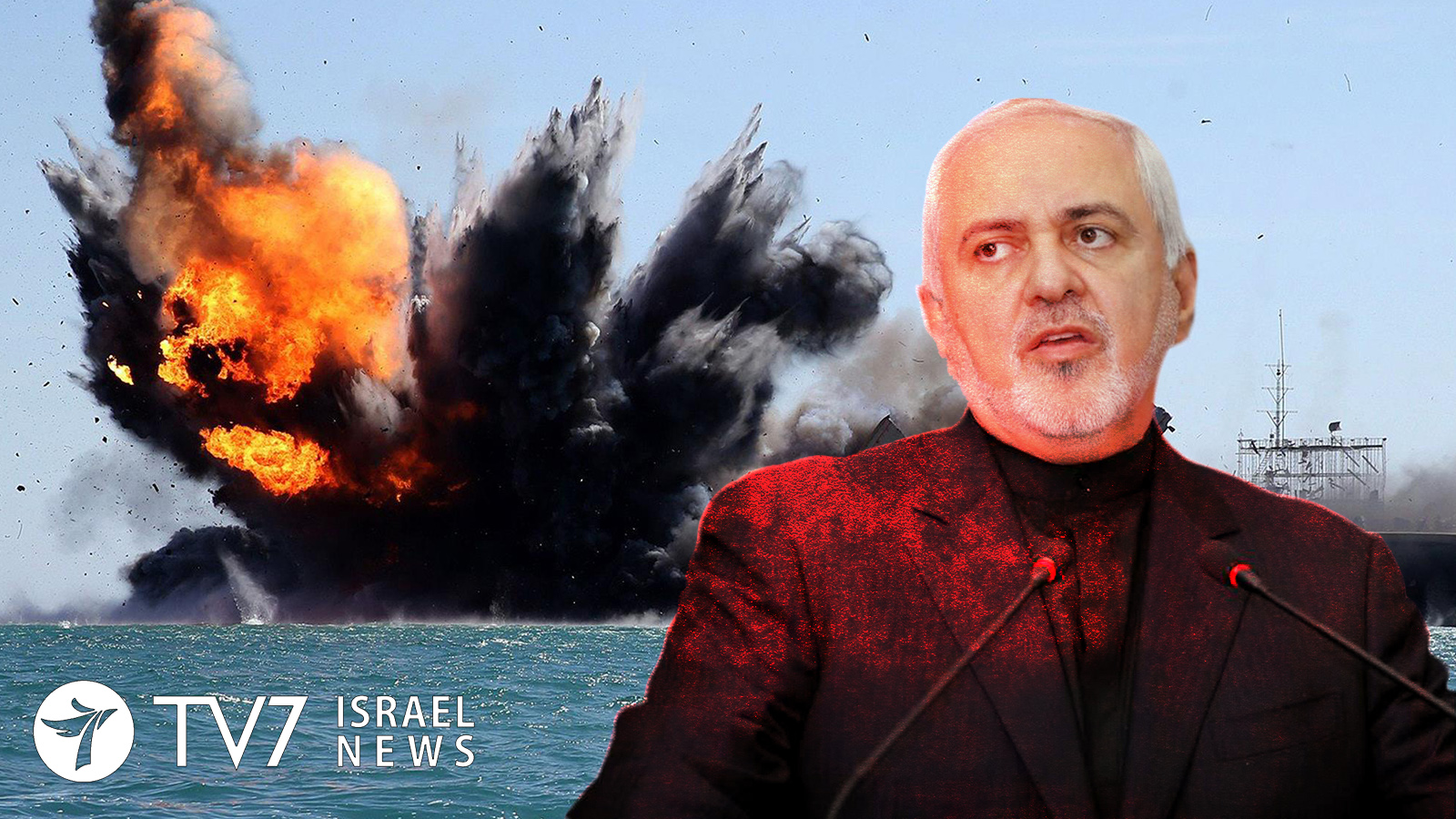Iranian Foreign Minister Mohammad Javad Zarif has reiterated his country’s conditions to negotiate a resolution to its heightening dispute with the United States – saying there will be no talks until Washington ends sanctions against Tehran and rejoins the Joint Comprehensive Plan of Action nuclear accord it abandoned last year.
“Once those sanctions are lifted, then … the door for negotiations is wide open,” Zarif said. “It is the United States that left the bargaining table. And they’re always welcome to return.”
The top Iranian diplomat and nuclear negotiator made the comments during a wide-ranging interview broadcast on the U.S. NBC network, amid his ongoing visit to New York. Washington granted Zarif a visa to attend this week annual meeting of high-ranking officials of the United Nations Economic and Social Council United Nations, although his freedom of movement has been severely confined to a six-block radius.
Zarif tweeted that the interview was conducted at the residence of Iran’s U.N. ambassador, complaining it was only “one of the three buildings I’m permitted to set foot in while in the US conducting official UN business.”
Refusal by U.S. Secretary of State Mike Pompeo to approve Zarif’s entry could have been interpreted as the closing of the door to diplomacy by Washington in a further bid to isolate the Islamic Republic.
U.S.-Iranian tensions have worsened since the May 2018 departure by U.S. President Donald Trump from the 2015 nuclear deal under which Iran agreed to curtail its atomic program in return for relief from economic sanctions crippling its economy. The situation has escalated over the last two and a half months after the White House enacted a “maximum pressure campaign” aimed at eliminating all oil exports from Tehran entirely over concerns about regional aggression, nuclear and missile programs. Zarif blasted the Trump administration’s reimposition of punishing sanctions, saying “They are terrorizing our people. They are targeting ordinary Iranian civilians,” adding “That’s worse than war.”
Even though U.S. Treasury Secretary Steven Mnuchin announced on June 24 that Iran’s Foreign Minister would be among individuals personally targeted by new sanctions, Washington had reportedly decided to hold off from blacklisting him for now.
Zarif denied Iran’s ballistic missile program contributes to current turmoil in the Middle East, and instead place blame on sales of American arms by U.S. allies Saudi Arabia and the United Arab Emirates, which he claimed is “making our region ready to explode.”
He also insisted the U.S. military drone aircraft Tehran downed last month had violated Iranian airspace, while the U.S. Department of Defense insists it was in international jurisdiction.
In further defiance of the U.S., Zarif declared the Islamic Republic will continue to resist what he termed as “aggression,” and vowed his people will “find a way to circumvent the pressure through relying on their own resources, on their own capabilities, and on their own talent.”
